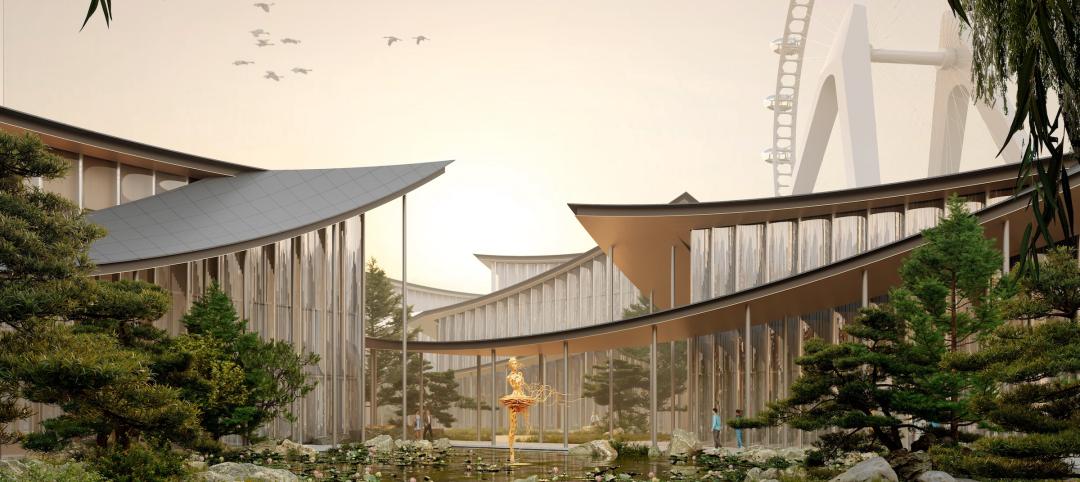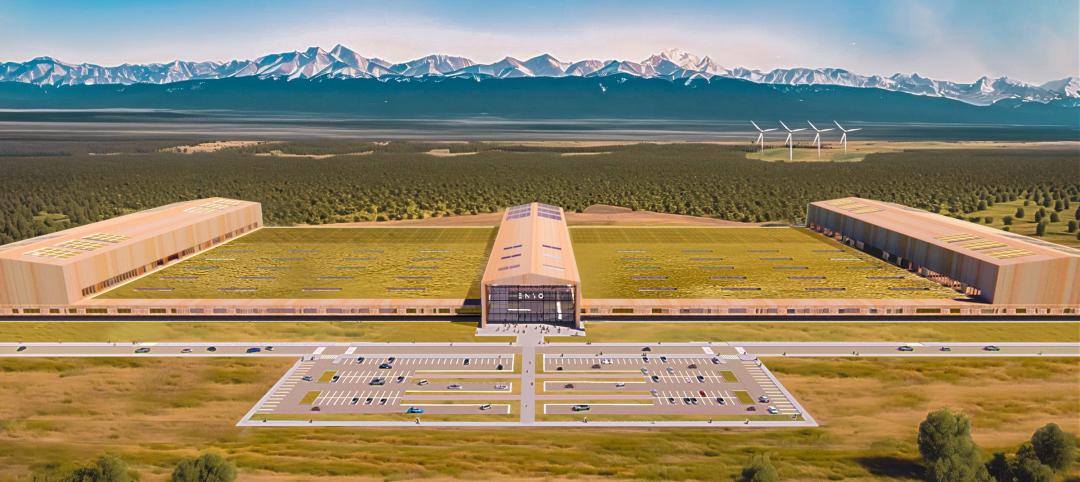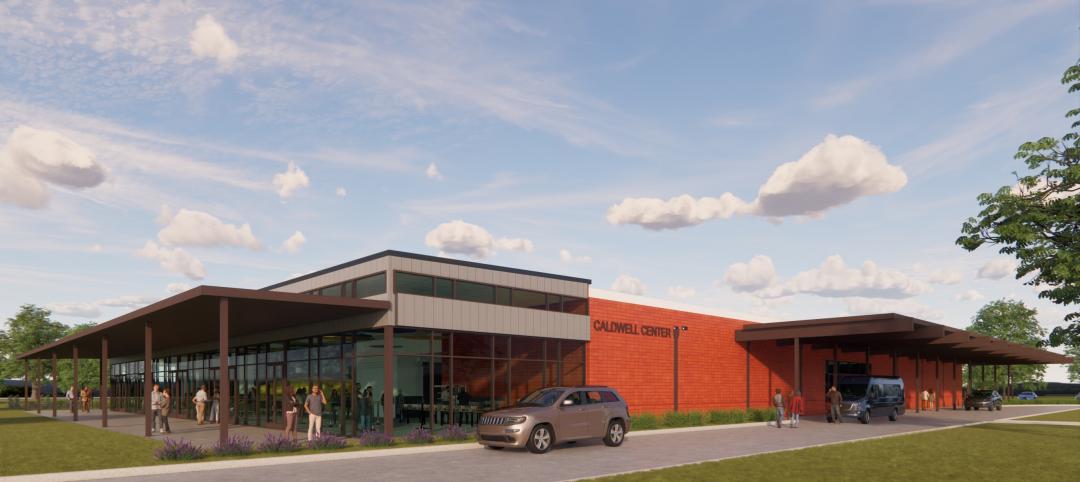PORTLAND, Ore. – Demand for the services of commissioning professionals is rising and will continue to rise into the near future, according to a survey by PECI and the Building Commissioning Association (BCA).
The numbers tell the story of an industry experiencing growth as a result of the increasing popularity of buildings that earn green certifications. In addition, the commissioning industry expects the adoption of more ambitious building and energy codes nationwide to further amplify demand. Together, these factors have created a need for training services that will expand the commissioning workforce and allow the industry to effectively meet these new, rising needs.
We asked attendees of the BCA’s National Conference on Building Commissioning (NCBC) to assess their professional experiences in a variety of areas, including: current motivators for commissioning work; expected changes to the commissioning industry as a result of new building codes; and training needs. The survey revealed that:
· 72 percent of respondents, mostly commissioning professionals, have experienced more demand for new building commissioning services in the past year.
· 69 percent have experienced more demand for existing building commissioning in the past year.
· Green building certifications like LEED® and ENERGYSTAR are significant motivators for commissioning, according to 68 percent of those surveyed.
· Green certifications are followed closely by corporate environmental goals, which were cited as motivators by 64 percent of respondents.
· 56 percent expect changes to building and energy codes to drive an additional increase in demand for commissioning.
· The rising demand has created a need for training industry wide; 68 percent cited a need for training on specialty systems like building enclosures and renewables.
· In order to adapt to new building codes and rising demand, respondents anticipate a need for increased training and certification and the deployment of larger teams with broader skill sets.
Read a more detailed summary of the survey findings here.
The survey findings support the recent creation of a comprehensive Commissioning Authority Training program, which PECIand the BCA developed in tandem and launched this spring. Read more about the curriculum at learn.peci.org.
The findings also correlate with the results of this year’s BCA Leadership Conference, where 71 commissioning authorities representing 66 U.S. and Canadian firms planned the association’s roadmap in strategic areas of education, best practices, certification, codes and standards and international development.
PECI and the BCA have supported the positive evolution of the commissioning industry for decades. PECI helped pioneer commissioning processes and best practices and remains a leader in the development of commissioning programs, research and tools. “PECI’s mission has always aligned exactly with the mission of the commissioning industry,” said Dan Reese, PECISenior Program Manager. “This survey was our latest effort to stay informed and serve the industry as best we can.”
“The BCA helps members and their organizations meet challenges and changes as they arise within the commissioning profession. We worked with PECI to develop this survey and a training program that will help produce outstanding new commissioning professionals and also deepen the knowledge and skills of existing ones,” said Liz Fischer, Executive Director. “Our job is to make sure the industry is ready to embrace the increasing demand and thrive.”
About PECI
PECI is a leader in the field of energy efficiency solutions, with expertise in designing and delivering programs for utility and government agency clients. Through sustained market and customer engagement, PECI achieves persistent energy savings and reaches millions of residential, commercial and industrial customers. A nonprofit corporation dedicated to creating the new energy economy, PECI was founded in 1980 and has offices in Portland, Oregon as well as Northern and Southern California. To learn more visit www.peci.org.
About BCA
The Building Commissioning Association is an international non-profit organization that serves as the recognized authority and resource on commissioning. Our membership is made up of professionals from the commercial building industry who are dedicated to using and maintaining the highest standards and practices in the commissioning process. The mission of the BCAis to guide the building commissioning industry by advancing best practices, education and promoting the benefits of commissioning to design and construct buildings that work. Learn more at www.bcxa.org.
Related Stories
Construction Costs | Sep 2, 2024
Construction material decreases level out, but some increases are expected to continue for the balance Q3 2024
The Q3 2024 Quarterly Construction Insights Report from Gordian examines the numerous variables that influence material pricing, including geography, global events and commodity volatility. Gordian and subject matter experts examine fluctuations in costs, their likely causes, and offer predictions about where pricing is likely to go from here. Here is a sampling of the report’s contents.
Adaptive Reuse | Aug 29, 2024
More than 1.2 billion sf of office space have strong potential for residential conversion
More than 1.2 billion sf of U.S. office space—14.8% of the nation’s total—have strong potential for conversion to residential use, according to real estate software and services firm Yardi. Yardi’s new Conversion Feasibility Index scores office buildings on their suitability for multifamily conversion.
Museums | Aug 29, 2024
Bjarke Ingels' Suzhou Museum of Contemporary Art conceived as village of 12 pavilions
The 60,000-sm Suzhou Museum of Contemporary Art in Suzhou, Jiangsu, China recently topped out. Designed by Bjarke Ingels Group (BIG), the museum is conceived as a village of 12 pavilions, offering a modern interpretation of the elements that have defined the city’s urbanism, architecture, and landscape for centuries.
Adaptive Reuse | Aug 28, 2024
Cities in Washington State will offer tax breaks for office-to-residential conversions
A law passed earlier this year by the Washington State Legislature allows developers to defer sales and use taxes if they convert existing structures, including office buildings, into affordable housing.
Industrial Facilities | Aug 28, 2024
UK-based tire company plans to build the first carbon-neutral tire factory in the U.S.
ENSO, a U.K.-based company that makes tires for electric vehicles, has announced plans to build the first carbon-neutral tire factory in the U.S. The $500 million ENSO technology campus will be powered entirely by renewable energy. The first-of-its-kind tire factory aims to be carbon neutral without purchased offsets, using carbon-neutral raw materials and building materials.
Building Technology | Aug 23, 2024
Top-down construction: Streamlining the building process | BD+C
Learn why top-down construction is becoming popular again for urban projects and how it can benefit your construction process in this comprehensive blog.
Airports | Aug 22, 2024
Portland opens $2 billion mass timber expansion and renovation to its international airport
This month, the Portland International Airport (PDX) main terminal expansion opened to passengers. Designed by ZGF for the Port of Portland, the 1 million-sf project doubles the capacity of PDX and enables the airport to welcome 35 million passengers per year by 2045.
Adaptive Reuse | Aug 22, 2024
6 key fire and life safety considerations for office-to-residential conversions
Office-to-residential conversions may be fraught with fire and life safety challenges, from egress requirements to fire protection system gaps. Here are six important considerations to consider.
Resiliency | Aug 22, 2024
Austin area evacuation center will double as events venue
A new 45,000 sf FEMA-operated evacuation shelter in the Greater Austin metropolitan area will begin construction this fall. The center will be available to house people in the event of a disaster such as a major hurricane and double as an events venue when not needed for emergency shelter.
Cultural Facilities | Aug 21, 2024
Baltimore’s National Aquarium opens 10,000-sf floating wetland that mimics the harbor’s original tidal marsh habitat
The National Aquarium in Baltimore has opened the National Aquarium Harbor Wetland, a 10,000-sf floating wetland that mimics the Inner Harbor’s original Chesapeake Bay tidal marsh habitat. Located between Piers 3 and 4 on Baltimore’s Inner Harbor, the $14 million project features more than 32,000 native shrubs and marsh grasses.

















